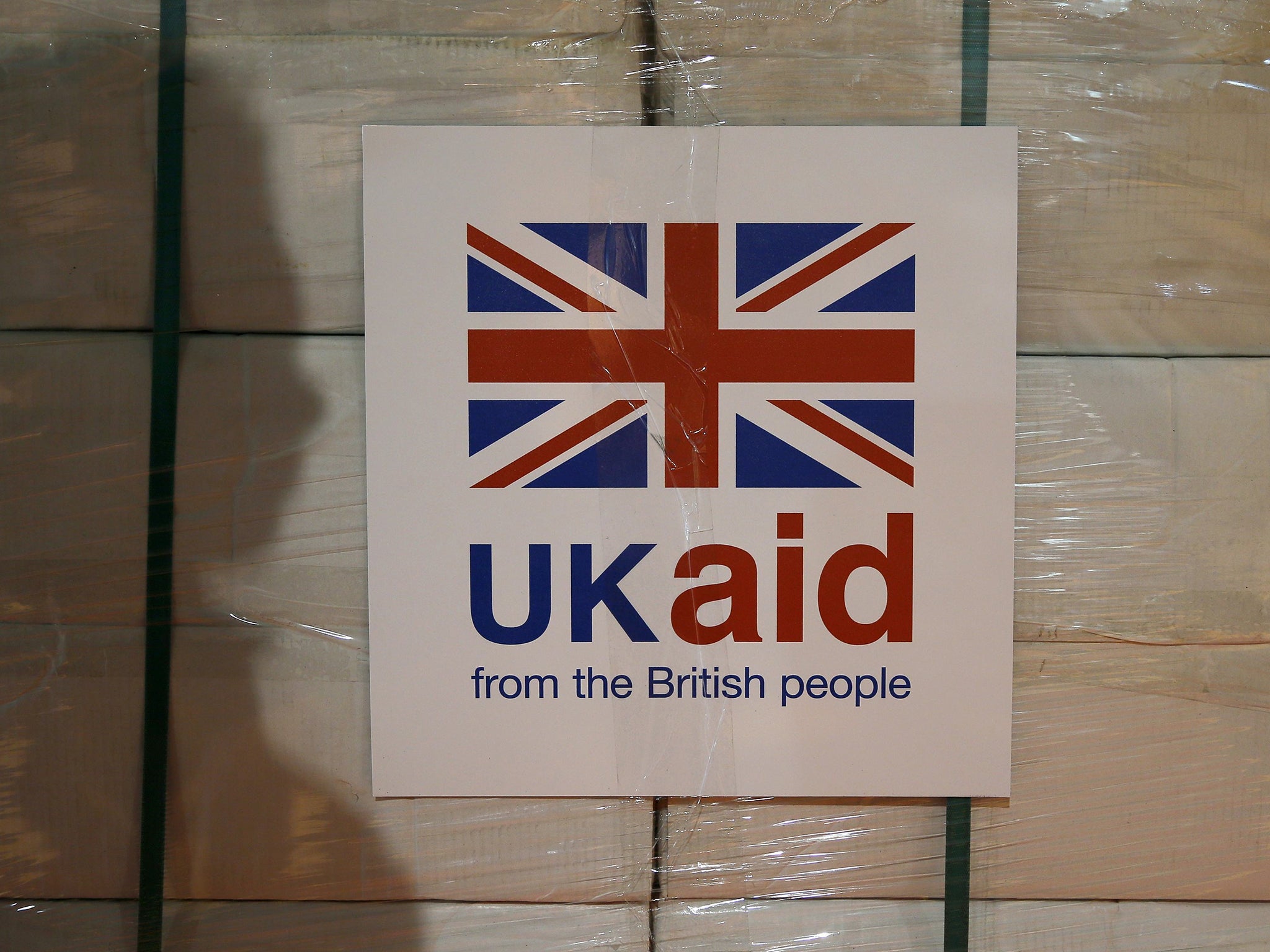Foreign aid officers ignoring ‘scourge of corruption’
Report shows Department for International Development needs to “significantly improve”

Political sensitivity has left the Government providing support for agencies and programmes abroad that were found to be corrupt, a damning report concludes today.
The study by the Government’s own watchdog the Independent Commission for Aid Impact, found that the Department for International Development needed to “significantly improve” its work tackling corruption in the countries where it works.
It warned that Britain’s aid programmes worldwide are failing to tackle the scourge of corruption in developing countries which “afflicts the very poorest” in society. Problems are being swept under the carpet and efforts to lift countries out of poverty are being thwarted as a result.
“In our view, it is highly problematic for DFID to support government systems and structures known to be corrupt, especially if they increase the perception among the poor that corruption is a necessary and legitimate way of acting,” the report warns. “Choosing to proceed in such circumstances clearly risks breaching the principle that development activity should first do no harm.”
The report examined DFID’s work in Nepal where it said the department had supported a project where locals needed to pay bribes to government officials or to forge documentation in order to receive funding.
It also looked at a DFID project in Nigeria to support “model police stations” designed to reduce police corruption. However investigators found “not only a continuing lack of trust in the police” in the areas that were covered by the programme but also “a perceived increase in the experience of requests for bribes by the police before they will help citizens”.
The Commission concluded that while the “politicised nature of corruption” made it difficult to tackle not enough was being done.
“DFID has not developed a systematic approach to identifying the corruption challenges it wishes to confront or to understanding how its anti-corruption work might benefit the poor,” they wrote.
Graham Ward, ICAI Chief Commissioner, said they had seen “little evidence” that the work DFID was doing to combat corruption was successfully addressing the impact of corruption on the poor.
“There is little indication that DFID has sought to address the forms of corruption that most directly affect the poor: so called ‘petty’ corruption. This is a gap in DFID’s programming that needs to be filled,” he said.
But a DFID spokeswoman said they had a robust anti-corruption programme in place both corporately and within each country they worked. “We have anti-corruption and counter fraud plans for each country,” she said.
Join our commenting forum
Join thought-provoking conversations, follow other Independent readers and see their replies
Comments
Bookmark popover
Removed from bookmarks